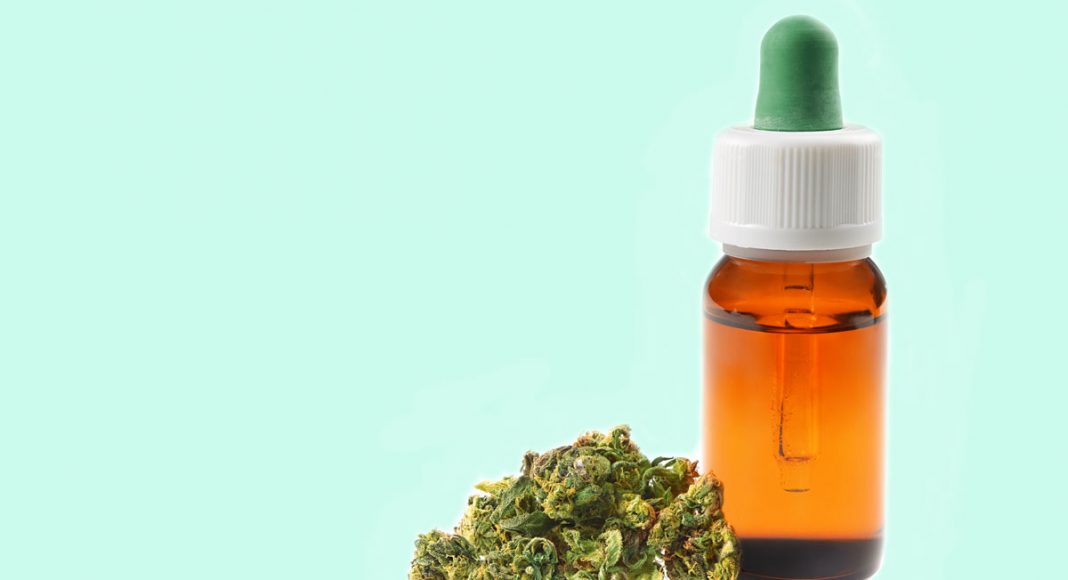Now that cannabidiol (CBD) has become as much of a household name as Coca-Cola, some of the patients who experiment with this alternative medicine have concerns about whether it will cause them to fail a drug test.
Now that cannabidiol (CBD) has become as much of a household name as Coca-Cola, some of the patients who experiment with this alternative medicine have concerns about whether it will cause them to fail a drug test. They are worried that their use of the non-intoxicating cannabis derivative will bring them trouble with their place of employment or disqualify them from any number of benefits in which the federal government must sign off. But is there any reason to believe that CBD could wreak such havoc?
As we have mentioned before, not all CBD products are created equal. There are high-CBD strains of marijuana being sold in legal states that have around 30 percent CBD and also contain sizeable amounts of the intoxicating THC – enough to ensure a failed drug screen.
-
Related Story: Which Is More Effective For Marijuana Patients, THC Or CBD?
But the hemp-based CBD oils and pills being sold in most states all across the nation do not come with the same risks. These products typically contain no more than 3.5 percent CBD and, more importantly, they have only trace amounts (0.3 percent) of the stoner compound know as THC.
The best way to explain the difference is by putting it in terms of beer. Most domestic brews contain between 4.2 and 5.5 percent ABV (Alcohol By Volume), while non-alcoholic versions, such as O’Doul’s, have only around 0.4 percent ABV. While these booze-free concoctions technically do have some alcohol, the consumption of these beverages cannot lead to intoxication. Just the same as CBD products with 0.3 percent THC cannot produce a high or put the user in jeoprdy of failing a drug test.
Drug screens are only searching for one specific cannabinoid when trying to determine whether the subject has been using marijuana, and that is THC. So no matter how much CBD is coursing through a person’s veins at the time of test, it will not bring about a failed result. The only way the small amount of THC buried in hemp-based CBD products might be able to shine through and trigger a false positive is if a patient was consuming upwards of 1,000 milligrams a day. To put this into perspective, most CBD users consume an average of 120-to-160 milligrams daily.
-
Related Story: The Truth About CBD: What’s Real And What’s Hype?
But a false positive does not mean a failed drug test. Lots of common, legal products can cause false positives.
Some of the latest research shows that CBD can stay in a person’s system for more than 10 days. Because CBD is a fat-soluble compound, the same as THC, the length of time really depends on frequency of use, a person’s body weight and overall diet. But again, it is not necessary to worry about how CBD might affect a drug test. It is irrelevant.
CBD will not cause you to fail a drug test.


